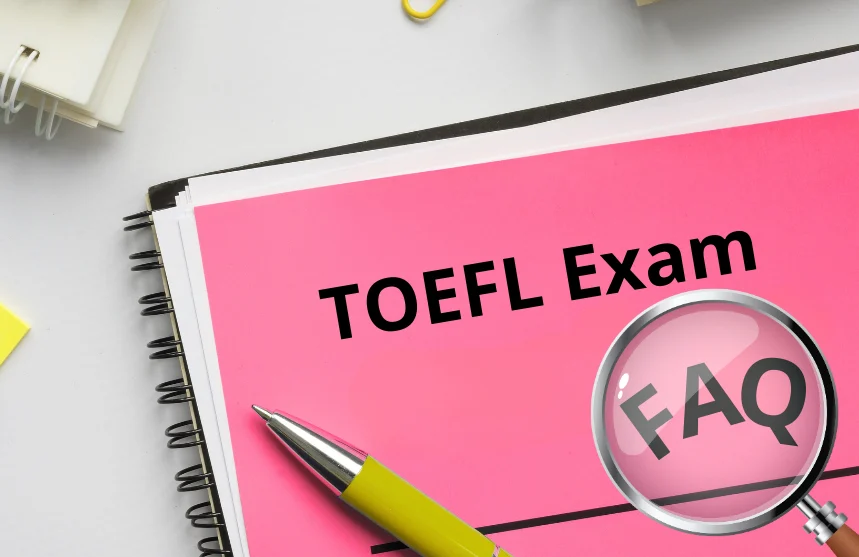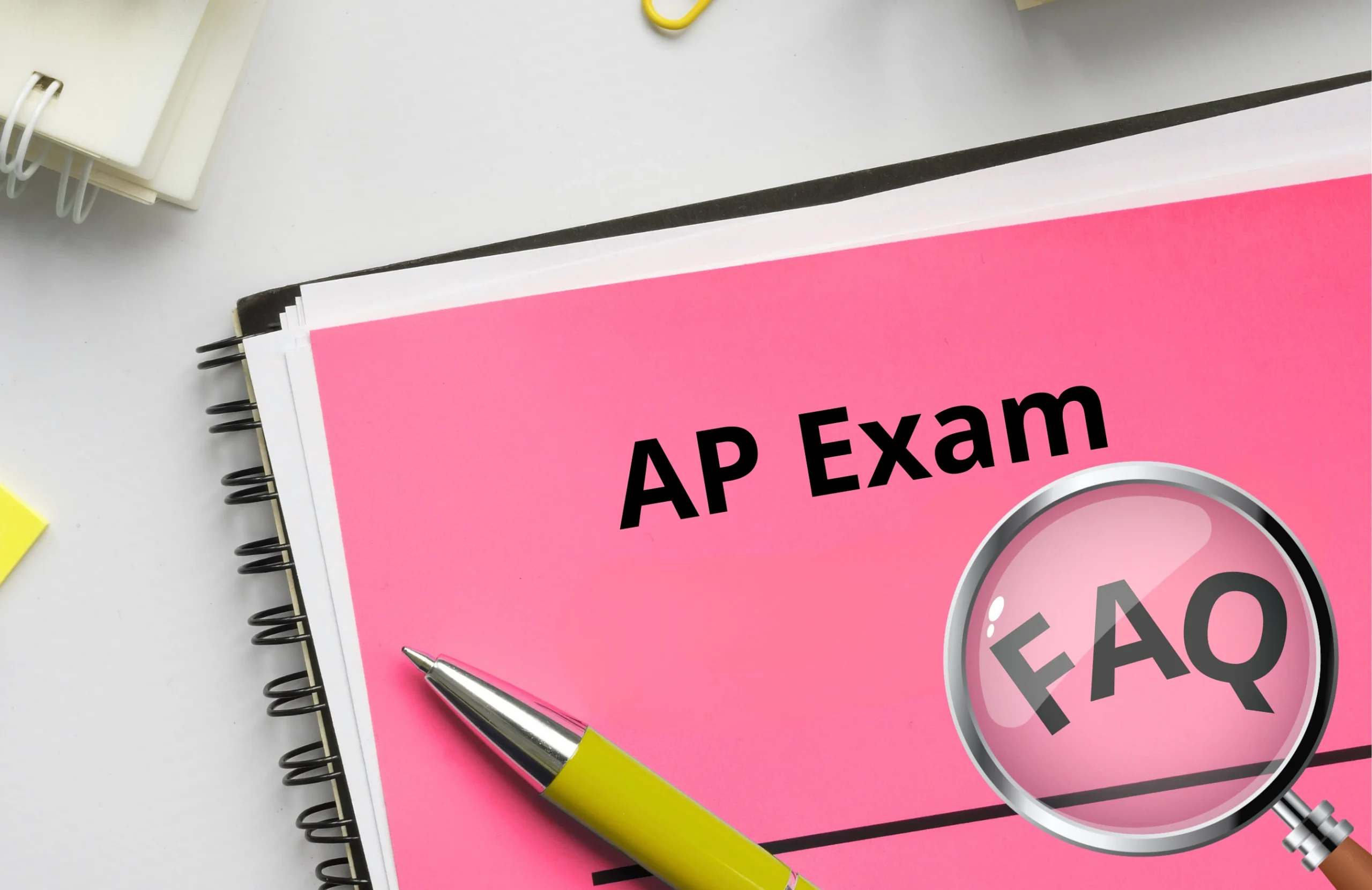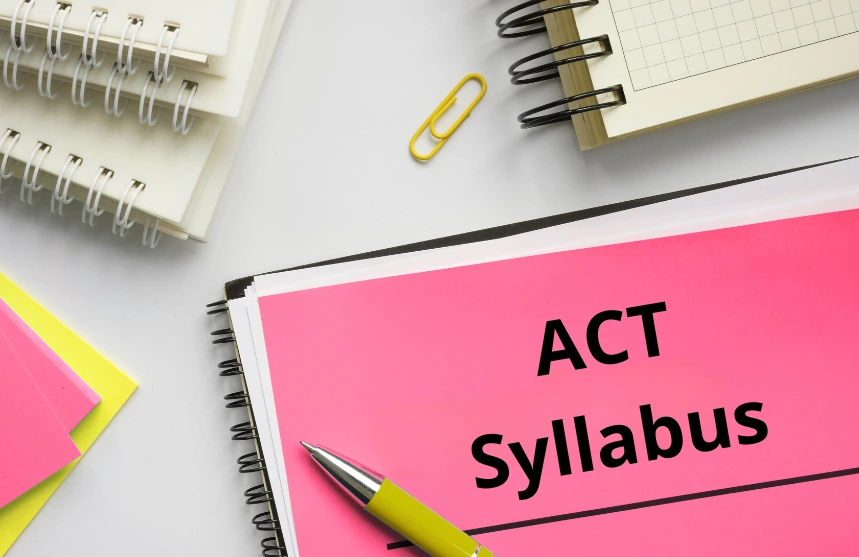SAT Full Form: Meaning, Exam Details, Syllabus, Fees, Pattern & More
Statement of Purpose: Guidelines, Structure & Mistakes to Avoid

The Statement of Purpose functions as a fundamental application requirement that study abroad universities demand for admission throughout different academic levels from undergraduate to postgraduate and doctoral programmes. The personal document requires candidates who apply for admission to share details about their academic journey and professional goals with specific reasons in order to get selected to their preferred educational institution and programme.
Your chances of admission increase significantly when you compose an excellent Statement of Purpose (SOP), as it not only makes acceptance more feasible but also enhances your eligibility for scholarships and research opportunities. The challenge lies in crafting an SOP that grabs attention.
This guide will address an important question many students have: “How do I write an SOP?” or “How do I start a Statement of Purpose?”
Applicants navigating the college admission process will find insights into the importance of an SOP, writing techniques aligned with official guidelines, and common errors that universities look for when reviewing applications.
Both “Personal Statement” and “Statement of Purpose” are often used interchangeably, though they have subtle differences. A Personal Statement focuses on an applicant’s background and personal journey, whereas a Statement of Purpose maintains an academic and professional tone, typically outlining career aspirations and educational goals.
What is a Statement of Purpose?
A Statement of Purpose represents a document that functions as a personal essay to demonstrate your academic background together with your professional aspirations along with the specific reasons why you meet the programme requirements.
Students preparing for academic programme admission and scholarship evaluations must present a Statement of Purpose (SOP) document to support their application. Your admissions SOP offers the evaluation team essential information including your academic story and career aspirations and details about your particular programme interest. The Statement of Purpose lets you build a profile that goes deeper than standard grades and standardised tests.
Importance of Statement of Purpose
The Statement of Purpose serves as a crucial factor among all application components for admission officials.
Why? The admissions committee needs to understand you more deeply as a person through your statement. Academic evidence from grades, test scores and CVs join forces with the SOP to demonstrate both your professional capabilities and your direct personality traits and envisioned goals.
The effectiveness of your SOP allows admissions teams to distinguish you from other candidates who share equivalent qualifications. Your purposeful statement should demonstrate your academic elements and their programme connection along with your future plans to the admissions team. The document demonstrates your communication abilities alongside clarity of thought and driving motivation that universities worldwide and colleges find highly important.
How to Write a Statement of Purpose?
Your application depends heavily on a carefully composed Statement of Purpose (SOP). The following guidelines demonstrate proper academic writing for Statements of Purpose:
Internal examination techniques use the term introspection to describe this procedure. Introspection in these circumstances involves an approach different from philosophical thinking.
You need to think about every important event that shaped your personality to become your present self. Begin your introspection by analysing your volunteer experiences alongside your professional achievements and academic accomplishments and reasons for picking your study field and future objectives.
Research the school’s programme along with its educational milestones and ongoing research studies extensively. You need complete certainty about what drove you to join that specific institution to study your selected subject. A wise reason exists for switching academic disciplines even after earning your bachelor’s degree. The Statement of Purpose needs to present research findings about your chosen course and university as well as straightforward arguments that are easy to understand.
In order to draft a proper structure and provide the necessary details, consider the following important points:
- Professional and personal background and interests
- Relevance of the selected course and university
- A logical connection between the above and your future aspirations and goals
- Willingness to contribute to the university, community, and society as a whole
Once you have written your Statement of Purpose, the last step is to review it carefully and make revisions as necessary. Refer back to the list you initially created and ensure you have covered all the key points in your SOP. Remove any irrelevant information that does not support your application.
It will take several readings and revisions before finalising your SOP. Before seeking professional services, have it reviewed by an unbiased family member, colleague, or friend.
Statement Of Purpose Structure
Your writing needs to be properly structured, coherent, and unfold a narrative. Here’s the ideal format in which you may write the Statement of Purpose.
Introduction: Begin with your childhood, what most fascinated you as a little kid and how this influenced you to become who you are today.
Part 1: Mention your undergrad accomplishments subtly, also state your present subjects which motivated you to pursue the course
Part 2: Describe your projects, internships, training, and learnings from them.
Part 3: Inform them about what you like about their university e.g., Research, Faculty, labs, campus, courses etc.
Part 4: Inform them of your long-term and short-term goals, such as where you see yourself in 5 years.
Conclusion: Finally, conclude by stating that you will be a beneficial asset to the university and your native country.
Statement of Purpose Guidelines
In order to make your Statement of Purpose effective, here are some guidelines that you must follow:
Be Clear and Concise: Your SOP must be well-written and concise. Do not include unnecessary words and make sure each sentence contributes something.
Personalise Your SOP: Personalise your SOP for every programme you are applying to. Say why that specific university and programme are the most suitable for you.
Focus on Your Objectives: Define your professional and academic objectives clearly. Indicate how the programme you’re applying for will assist you in attaining these goals.
Emphasise Achievements and Experience: Draw specific examples from your professional, academic, or personal experience to establish your qualifications.
Proofread: Proofread your SOP several times to prevent grammatical mistakes, ambiguous statements, or contradictions.
What does Colleges Seek in a Statement of Purpose?
While writing your SOP (Statement of Purpose), keep in mind that the admission committee will read through thousands of applications for the same course. Therefore, your SOP should be concise and to the point and capture the uniqueness of your profile. Students are advised to check out the how to write statement of purpose for university:
Your SOP indicates how well of a writer you are. There must be no grammatical errors in your statement of purpose. The language must be understandable, though a good vocabulary aids in making an impression. Avoid using too many ‘heavy words’ because their use may not come across naturally.
Emphasising your special abilities will make you distinct from the rest of the applicants. A few instances of these abilities are your extracurricular activities, social work, and academic record. Ad Com must be able to identify you as an individual from your SOP. Your interests and goals will enable them to know you better as a person.
Attempt to state how you could benefit the University, College, or Department. Keep the following points in mind for the same:
- Your career will fly if you get an admissions letter. You will gain some benefits from that course. At the same time, the University/College/department should also gain some benefits from your admissions (apart from the tuition fee, of course!).
- It would be worth it if you could tell them how you could serve the community, for instance, through volunteering or being part of sports, groups, or clubs. In a nutshell, you need to persuade the Ad Com that you are a competent representative of the department or university.
- Proving that you have conducted the proper research and that this is not an application you threw together at the last minute takes knowledge of the resources and programme of the university. You should be aware of the accomplishments of the university, student and teacher programmes, internship possibilities, student organisations and services, traditions, and so on.
- Your motivation or inspiration to pursue a particular course should be clear, convincing, and justified. The Ad Com does not like boasting sentences in the SOP. Therefore, you have to make it original, authentic, and devoid of dominating or arrogant statements.
SOP for UG vs PG vs PhD Courses
A Statement of Purpose for an undergraduate application is different from a graduate (Master’s) application. The table below will give a comparison of what has to be incorporated in an SOP for UG courses, statement of purpose for masters and statement of purpose for PhD:
| Category | Statement of Purpose for UG | Statement of Purpose for MBA | Statement of Purpose for PhD |
|---|---|---|---|
| Focus | Academic achievements, extracurriculars, and future goals. | Academic background, professional experience, career goals. | Research interests, academic background, career aspirations. |
| Length | 500-700 words | 750-1000 words | 1000-1500 words |
| Tone | Enthusiastic, positive, and forward-looking. | Professional, focused, and clear in articulating career goals. | Scholarly, academic, and research-focused. |
| Content | Motivation for choosing the course, high school experiences, and personal growth. | Focus on academic experience, previous studies, and professional work related to the field. | In-depth explanation of research interests, why the program is a good fit, and your research objectives. |
| Skills and Experience | General academic performance and soft skills. | Relevant academic, research, or work experience in the field. | Demonstrated research skills, publications (if any), and specific academic achievements. |
| Research Interests | Not a major focus, unless applicable to the course. | Some mention of research interests if relevant to the field. | Strong focus on specific research questions or areas of interest. |
What to Write in an SOP (Statement of Purpose)?
Your SOP content will depend entirely on what the university asks for. The key is to stick with the statement or question that has been given by the university. Universities are fine with essays centred on particular questions or simply a mission statement.
- A statement of purpose should address your objectives, the career path you have followed so far, and your educational development.
- A Statement of Purpose should also outline your reasons for choosing the course or university and how you plan to utilise it to achieve your goals.
- An SOP should also contain – the background of the applicant, academic qualifications, financial history and professional experience if any.
- Statement of purpose should also provide information regarding extracurricular activities the candidate has undertaken so far and how these are a defining feature of the candidate’s life and development.
- Certain candidates also engage in research work; hence, they may state their SOPs regarding published papers and the type of projects they have conducted (research/non-research).
- SOPs may also contain details about the hobbies and interests of the applicant if the statement of purpose calls for a question regarding the applicant.
Mistakes to Avoid in Statement of Purpose
As there are some important pointers which need to be incorporated in the SOPs, there are also some blunders that should never be made when preparing an SOP for admission. These are:
- Do not blindly write, think first, search and then write the statement of purpose having all the requirements with you.
- Be concrete, write to the word count, and avoid beating around the bush; this is one key error that has to be averted while penning an SOP.
- Don’t overpraise yourself; tread carefully while penning your statement of purpose. Due to this reason, Ad Coms will reject the application on grounds of overconfidence.
- Do not write slang, SMS language or abbreviations in SOP. This is an official essay and should be typed in a very formal manner.
- Finally, plagiarise your SOPs at any cost, because if the SOP is plagiarised, the application can be declined and the candidate can be blocked from applying in the future.
- Therefore, applicants should write words of their own and not replicate from anywhere.
Conclusion
The Statement of Purpose is a strong weapon in your application. Not only does it allow you to share your educational and professional history, but it also enables you to showcase your passion, motivation, and plans for the future. If you’re seeking admission into a master’s programme, PhD, MBA, or a scholarship, your SOP must be a reflection of your uniqueness and passion.
Adhere to the above guidelines, steer clear of the most common mistakes, and write an SOP that accurately describes who you are and why you are the ideal candidate for your desired programme MetaApply will be the best platform for you making sure that you can get admission without any trouble.
Frequently Asked Questions
The word count of an SOP should be between 800-1,500 words unless specified otherwise by the university. Be careful in choosing your words so that you are as specific as possible and write a suitable essay that is readable and does not repeat or go beyond the word limit.
If you are a candidate for any college-specific scholarships, you will be asked to write an independent statement of purpose for scholarship as part of the application process. You will be provided with an essay question/prompt and a word limit. You may be asked to submit an SOP declaring your credibility for this scholarship.
You may begin your SOP by introducing yourself, your academic history, and reasons for seeking the programme.


















































